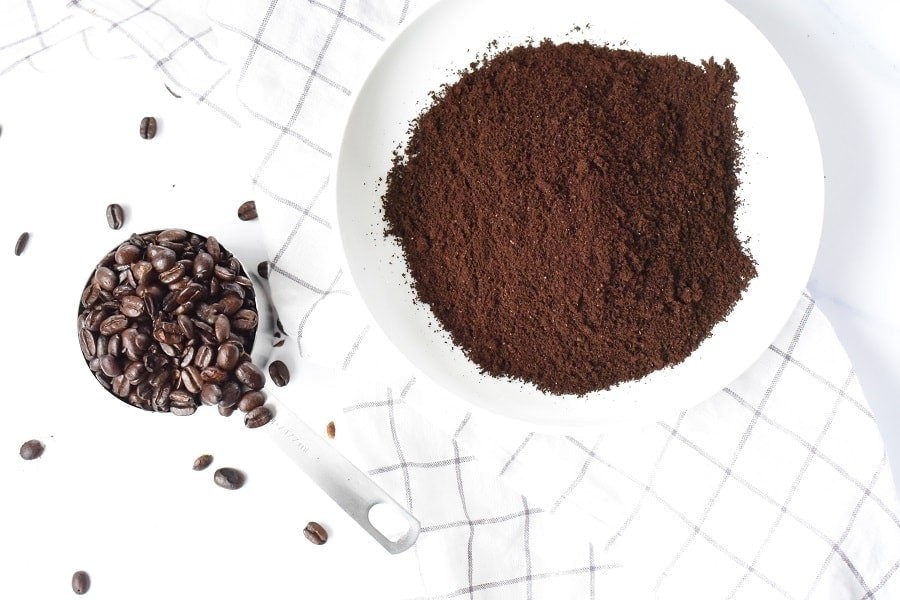Are you looking to improve your heart health? If so, one of the best places to start is with your diet.
Making simple changes to what you eat can have a big impact on your cholesterol and blood pressure levels, two key indicators of cardiovascular health.
According to the best cardiologist in Lahore, your heart is one of the most important organs in your body, responsible for pumping blood and oxygen to every cell and tissue.
When your heart is healthy, it can work efficiently, ensuring that your body gets the nutrients it needs to function properly. However, when your heart is under stress, it can lead to serious health problems like high cholesterol, high blood pressure, and even heart disease.
Luckily, there are many things you can do to protect your heart and improve your cardiovascular health. Eating a heart-healthy diet is one of the most effective ways to keep your heart strong and functioning optimally.
By making wise food choices, you can help lower your risk of heart disease, and potentially even reverse existing damage to your heart. So, whether you’re looking to prevent heart disease or simply maintain a healthy heart, this blog on heart-healthy eating is the perfect place to start.
In this blog, we’ll explore the world of heart-healthy eating, focusing on foods that can help lower your cholesterol and blood pressure.
Best Foods for Heart Health – All You Need to Know!
From fresh fruits and vegetables to lean proteins and healthy fats, we’ll show you how to make smart choices that will support your heart health and keep you feeling your best.
So, let’s dig in and discover the delicious and nutritious foods that will nourish your body and protect your heart.
1- Fruits
Fruits are packed with vitamins, minerals, and antioxidants that can help protect your heart and improve cardiovascular health. They are low in calories and high in fiber, which can help lower cholesterol levels and reduce the risk of heart disease.
Berries, in particular, are rich in flavonoids, which have been shown to have anti-inflammatory and antioxidant effects that can help reduce the risk of heart disease. Apples are also a great choice, as they are high in soluble fiber, which can help lower cholesterol levels and improve heart health.
2- Vegetables
Vegetables are an essential part of a heart-healthy diet. They are rich in fiber, vitamins, minerals, and antioxidants, all of which are crucial for maintaining good heart health. Leafy greens, such as spinach and kale, are particularly beneficial, as they are high in nitrates, which can help lower blood pressure and improve heart function.
Broccoli and other cruciferous vegetables are also great for the heart, as they contain sulforaphane, which has been shown to have anti-inflammatory and heart-protective properties.
3- Whole Grains
Whole grains are a key component of a heart-healthy diet. They are high in fiber, vitamins, and minerals, which can help lower cholesterol levels and reduce the risk of heart disease.
Additionally, whole grains are a good source of magnesium, which can help lower blood pressure and improve heart function.
Studies have shown that consuming whole grains regularly can help reduce the risk of heart disease, stroke, and other cardiovascular conditions. Some good choices of whole grains include brown rice, quinoa, whole wheat bread, and oatmeal.
4- Nuts and Seeds
Nuts and seeds are great sources of healthy fats, fiber, and plant-based protein, all of which can help support heart health.
Some good choices of nuts and seeds include almonds, walnuts, chia seeds, and flaxseeds.
5- Fish
Fatty fish like salmon, tuna, and mackerel are rich in omega-3 fatty acids, which can help reduce inflammation and lower the risk of heart disease.
6- Lean Protein
Chicken, turkey, lean beef, and eggs are all great sources of protein, which can help lower cholesterol and reduce the risk of heart disease.
7- Legumes
Beans, lentils, and chickpeas are all packed with fiber and protein, which can help lower cholesterol levels and reduce the risk of heart disease.
How do These Foods Help the Heart?
These foods can help the heart in several ways:
1- Lower Cholesterol
Many of these foods are rich in fiber and healthy fats, which can help lower LDL (bad) cholesterol levels and improve overall cholesterol levels.
2- Reduce Inflammation
Inflammation is a major risk factor for heart disease, and many of these foods are rich in antioxidants and anti-inflammatory compounds that can help reduce inflammation in the body.
3- Lower Blood Pressure
Foods rich in potassium, such as leafy greens and sweet potatoes, can help lower blood pressure and reduce the risk of heart disease.
4- Improve Heart Function
The healthy fats found in nuts, seeds, and fatty fish can help improve heart function and reduce the risk of heart disease.
Final Thought!
By incorporating these heart-healthy foods into your diet, you can help lower your risk of heart disease and improve your overall cardiovascular health.




